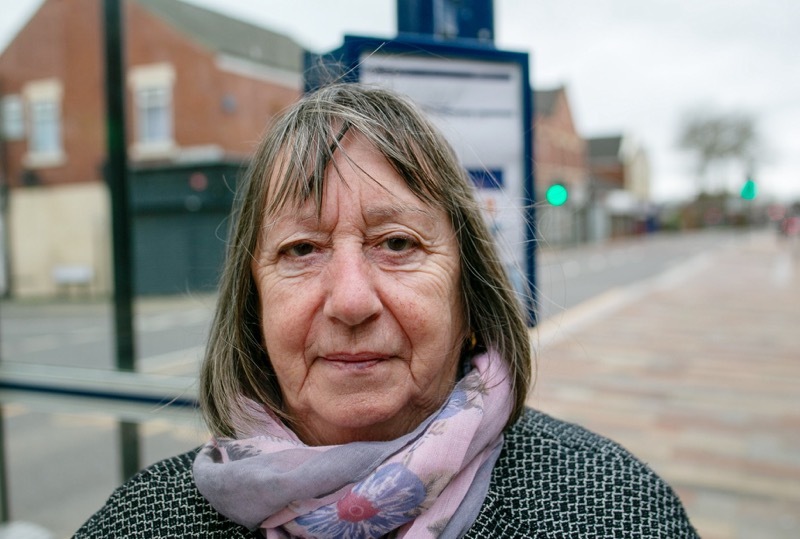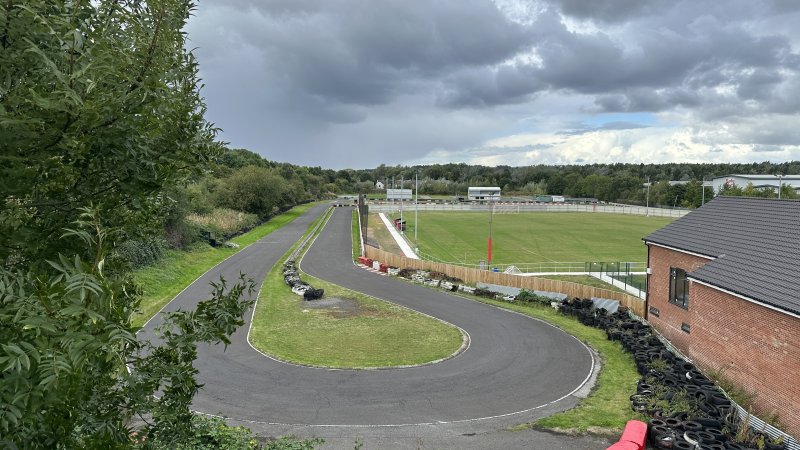THE life expectancy for both men and women in Barnsley is one of the worst in Yorkshire and The Humber, the latest figures have revealed.
Figures from the Office for National Statistics show a boy and baby girl born in Barnsley between 2021 and 2023 has a life expectancy of 76.5 and 80.5 years respectively some of the lowest expectancies across the region.
Between 2020 and 2022 the life expectancy for boys stood at 76.1 years and 79.9 for girls.
Across Yorkshire and The Humber, the average life expectancy was 78.1 years for men and 82.1 years for women much higher than any in Barnsley.
The ONS data shows xa clear geographical divide, as the ten areas with the highest male life expectancies are all in the south of England.
Of the ten areas with the lowest expectancy, six are in Scotland, three are in the north of England and one is in Wales.
There was a similar pattern for female life expectancy with the ten highest estimates all in southern England, and the lowest also split between Scotland, northern England and Wales.
The ONS figures also show life expectancy at birth in 2021 to 2023 remained lower than before the Covid-19 pandemic in a majority of areas for both males and females.
The ONS said that estimates of life expectancy for babies born in 2021-23 will reflect the impact of the Covid-19 pandemic, which contributed to a higher-than-average number of deaths in this period.
But while the pandemic disrupted the small improvements in life expectancy seen between 2010 and 2019, it does not necessarily mean a baby born between 2021 and 2023 will go on to live a shorter life than one born between 2017 and 2019.
The most recent yearly figures show that a baby girl born in Barnsley would be expected to live for just over 80 years - and Coun Wendy Cain, cabinet spokesperson for public health and communities, said this isn’t good enough.
She added: “A baby girl born in Barnsley would be expected to live for 80.5 years whereas a baby girl born in Kensington and Chelsea would have a life expectancy of 86 years.
“That is deeply unfair, and we see this pattern playing out in communities around the country.
“There is clear evidence that where we are born, grow, work and age shape our health.
“The house we live in, our job and the money in our pocket has far more impact than simply having access to health care services.
“In fact, access to the NHS only shapes between ten to 20 per cent of our health outcomes.
“Health behaviours also play their part with smoking being the greatest cause of the difference in health outcomes between communities.
“However, these inequalities are not inevitable and we can work together to change them.
“Some of the levers lie at the national government level but we also have local strategies and programmes to address the wider determinants of health.
“This includes the Pathways to Work commission, which will support people back into good jobs and the More Money in Your Pocket campaign which maximises income for Barnsley residents.”



























